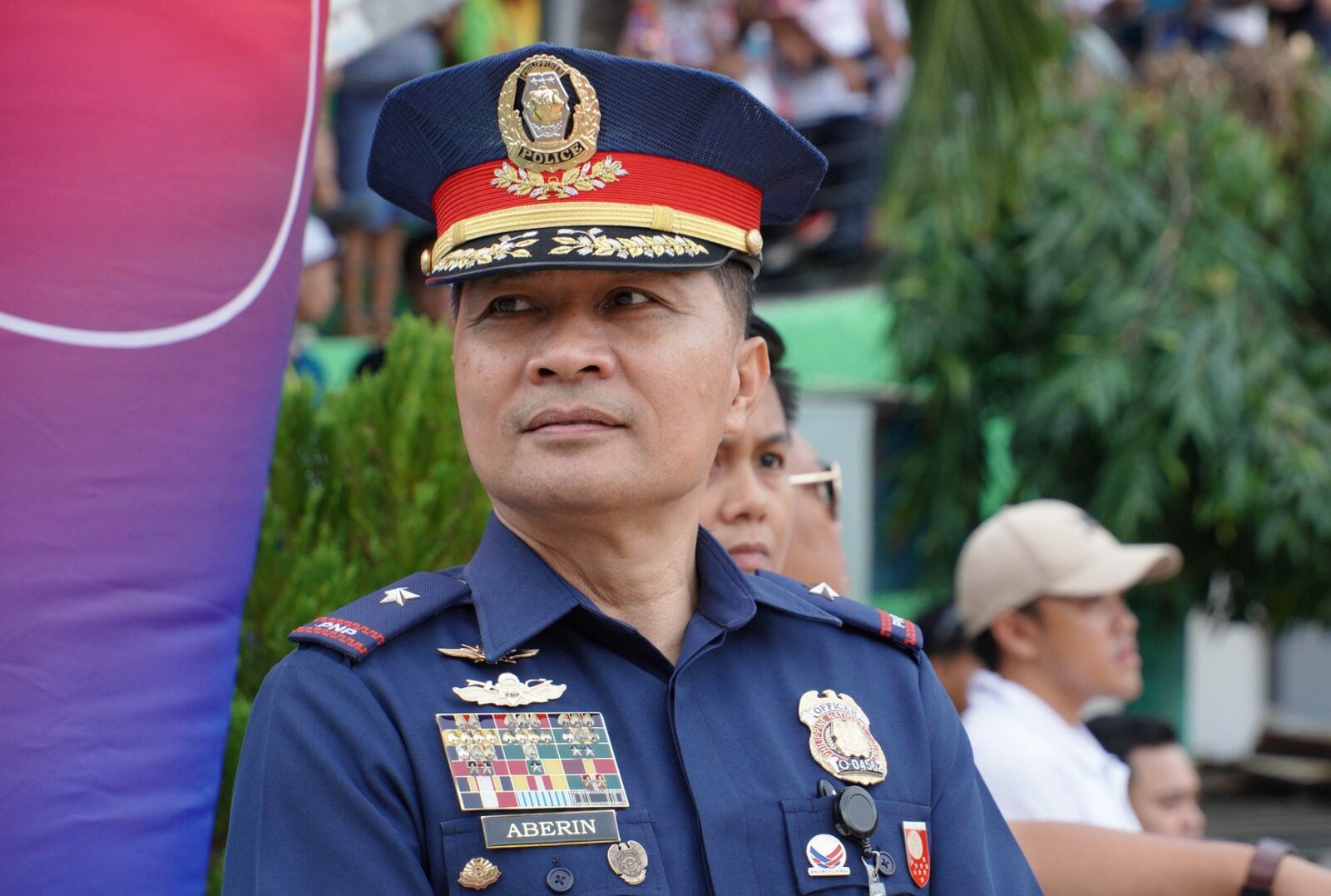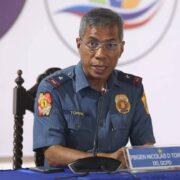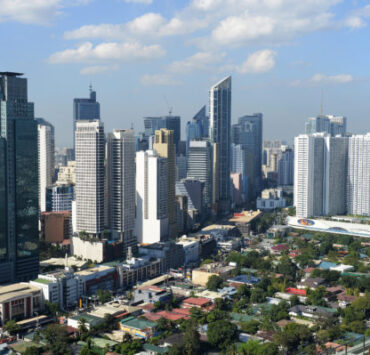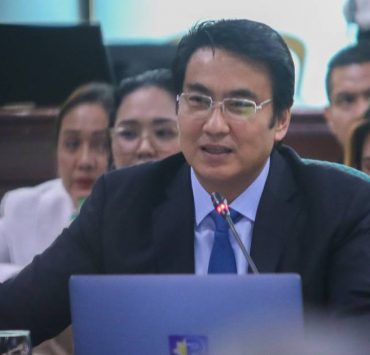NCRPO deploys over 21,000 cops to deter crimes in Metro Manila

With their polls-related duties completed after the conduct of the May 12 midterm elections, the police have returned to the streets as part of a recalibrated campaign against criminality in Metro Manila.
On Monday, the Department of the Interior and Local Government Secretary Jonvic Remulla and the National Capital Region Police Office (NCRPO) led by director Maj. Gen. Anthony Aberin launched the intensified police visibility program at the NCRPO Grandstand in Camp Bagong Diwa, Bicutan, Taguig City.
The NCRPO, in a statement, said it has deployed 21,532 personnel to step up police presence in Metro Manila in line with a directive from President Marcos.
It added that 12,539 officers were assigned to beat patrols, 2,989 to administrative patrol duties, 2,944 to mobile patrols, 1,794 to fixed visibility posts and outposts, 629 to checkpoints, 344 to border control points, and 293 to stations of the Metro Rail Transit Line 3 and Light Rail Transit.
The NCRPO said 240 force multipliers, composed of trained community volunteers and partner stakeholders, will support front-line operations by serving as their eyes and ears on the ground.
“[The] NCRPO responds decisively to the call of the President and the SILG (Secretary of the Interior and Local Government) for a more proactive, intensified, and strategic police visibility,” Aberin said.
“We will deliver to the public a police force that can be seen, heard and felt, not only to deter crime but more importantly, to instill the feeling of safety and security in Metro Manila.”
Remulla reaffirmed the government’s direction to establish familiarity and security between law enforcers and the public.
He echoed President Marcos’s message from his podcast: “People should see police officers walking around regularly. Over time, they get to know them, and that familiarity brings a sense of safety.”
Remulla said the police visibility should be a unified approach with local government units who practice good governance and good politics.
“If the local chief executives cooperate with the police and vice versa and I mean cooperate, not utilize, because what’s happening here is that some of them make the police their private army, their underlings. That’s not allowed anymore. They need to work together,” Remulla said.
Remulla said he would meet newly elected officials in the coming weeks to create a cohesive plan of action and response scenario for everyone.

















